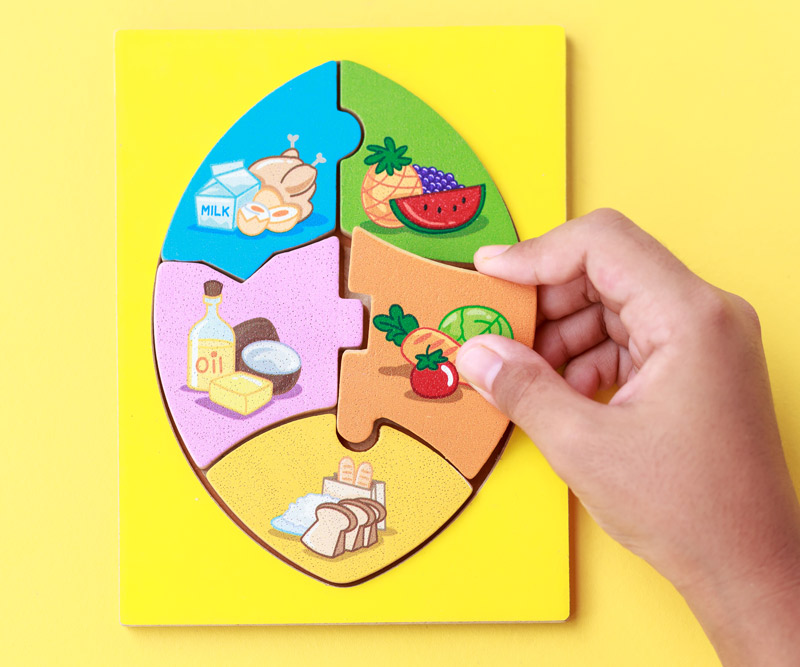
BMI & Ethnic Differences: What Hawaii Residents Need to Know
You might know that the risk of developing diabetes, heart disease and other weight-related diseases increases along with your body mass index, also known as your BMI*.
But you may not know that the health risks are higher for much of Hawaii’s people.
Researchers in one study found that at the same BMI, Asian people had more than double the risk of developing Type 2 diabetes than Caucasians.
Increases in weight over time also seemed to be far more harmful for Asians – for every 11 pounds gained in adulthood, diabetes risk was increased by 84%.
Other studies have shown that at the same BMI, Asians have higher risks of heart disease and hypertension, and are at a higher risk of dying early from these conditions than whites.
In response, some Asian countries have lowered their BMI cutoffs in defining who suffers from overweight and obesity.
For example, a person with a BMI of 25 or higher is considered overweight in the United States. However, China and Japan define the overweight point as a BMI of 24 or higher.
In the U.S., obesity is defined as a BMI of 30 or higher, but in China and Japan, that number is again lower at 28.
India has an even lower cutoff – a BMI of 23 is considered overweight, and 27 is considered obese.
What are the advantages of having lower BMI cutoffs for overweight and obesity?
Health officials in these Asian nations above hope that this will increase the number of individuals who are screened earlier, and therefore treated earlier for problems like diabetes and heart disease.
Hawaii’s ethnicities more closely mirror Asia than the mainland U.S., so we’d likely benefit from earlier, more aggressive screening and intervention for obesity and related diseases.
What you can do:
- Know your BMI. You can calculate this number even without going to the doctor through online calculators, such as this one from the National Institutes of Health.
- If you are of Asian, Polynesian, Native Hawaiian or other Pacific Islander descent, it’s a good idea to have your blood pressure, sugar and cholesterol monitored regularly.
- If you’ve tried to lose weight on your own and been unsuccessful, you’ll likely benefit from a comprehensive multidisciplinary program to optimize medications and receive nutritional and lifestyle guidance. Click here to learn more about the Hawaii Pacific Health 360º Weight Management Center at Pali Momi Medical Center and the weight-management options that may work best for you.
*BMI is your weight in kilograms divided by your height in meters squared.
Published on: August 14, 2017




